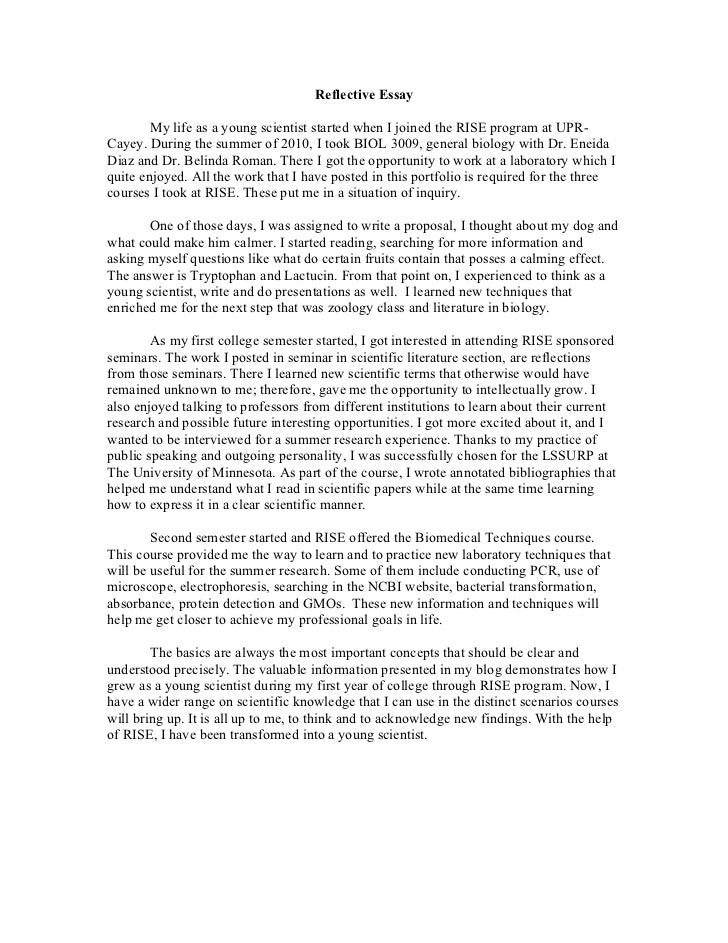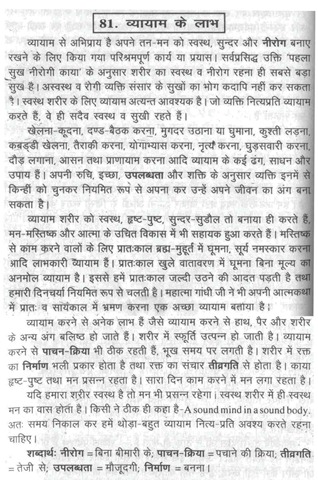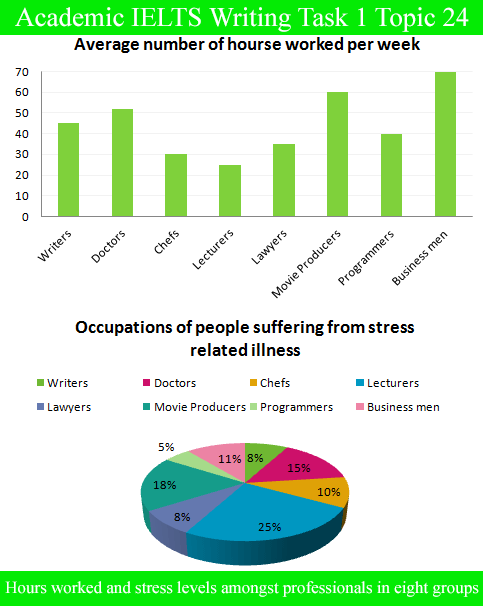Crime and Punishment by Fyodor Dostoevsky essays.
Fyodor Dostoevsky’s Crime and Punishment Fyodor Dostoevsky’s novel “Crime and Punishment” brings the reader a glimpse into the mind of a criminal, tormented by the guilt of murder. Dostoevsky’s focal point of the novel does not lie within the crime nor the punishment but everything in between.In Fyodor Dostoevsky book Crime and Punishment, women at this time in Russia were not the equals of men in terms of education and power. In Crime and Punishment the women in the story were self-sacrificing in their actions, which in return paid off for the women.Essay Crime And Punishment By Fyodor Dostoevsky. When Fyodor Dostoevsky wrote Crime and Punishment in 1866 he had no idea that hundreds of years later, in the year of 1982, there would be a crime committed that was so similar to that described in his novel.
Crime and Punishment is a book written by Fyodor Dostoevsky who spent four years at a labour camp in Siberia, followed by four years of military service. Raskolnikov's time in a Siberian prison, described in the Epilogue of Crime and Punishment, is based on Dostoevsky's own experiences at a similar prison.Crime And Punishment By Dostoevsky Crime And Punishment By Dostoevsky In the novel Crime and Punishment, by Fyodor Dostoevsky, suffering is an integral part of every character's role. However, the message that Dostoevsky wants to present with the main character, Raskolnikov, is not one of the Christian idea of salvation through suffering.

Crime and Punishment study guide contains a biography of Fyodor Dostoevsky, literature essays, a complete e-text, quiz questions, major themes, characters, and a full summary and analysis.












